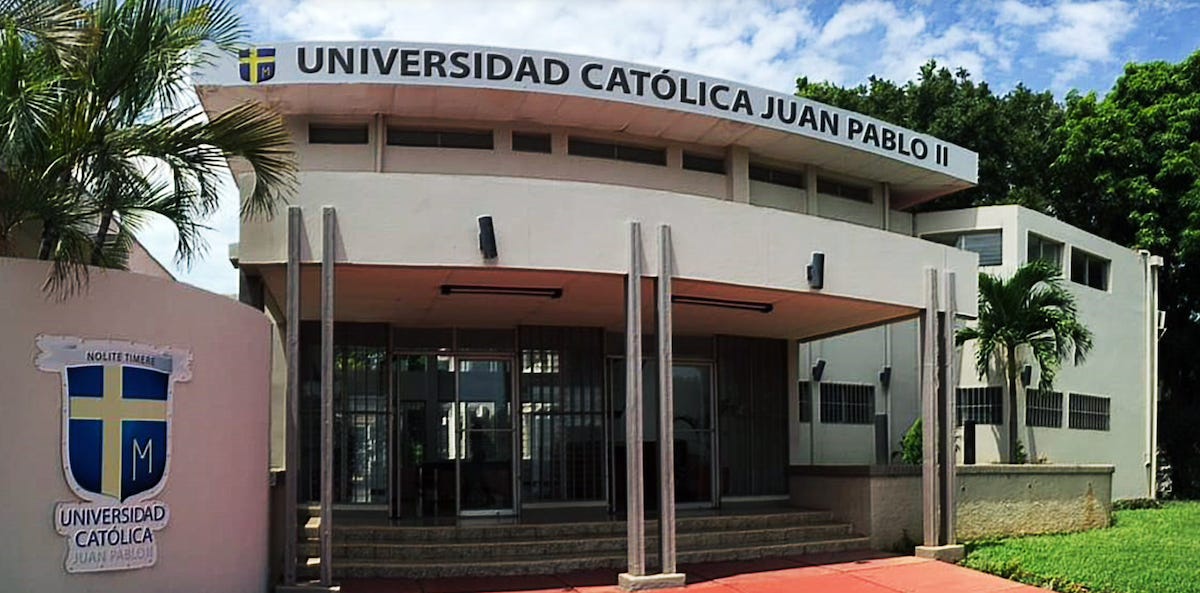Nicaraguan govt shutters Catholic universities, aid agency
Amid ongoing persecution, the Nicaraguan government has closed two Catholic universities and Caritas Nicaragua.

The Nicaraguan government announced on Tuesday that it has seized the assets of two Catholic universities and of Caritas Nicaragua, and effectively shuttered their operations by rescinding their legal status in the country.
The announcement comes amid an ongoing push against the Church by Nicaraguan President Daniel Ortega, which has included the expulsi…
